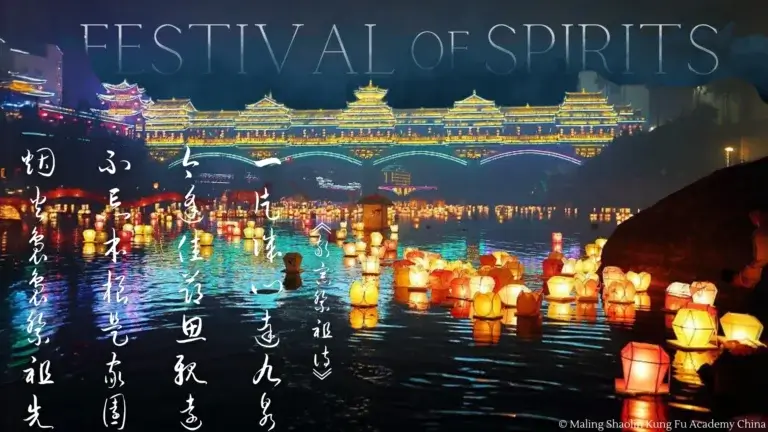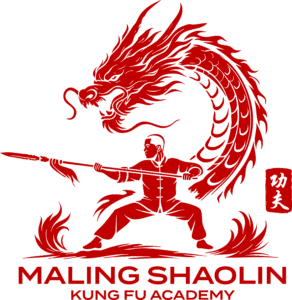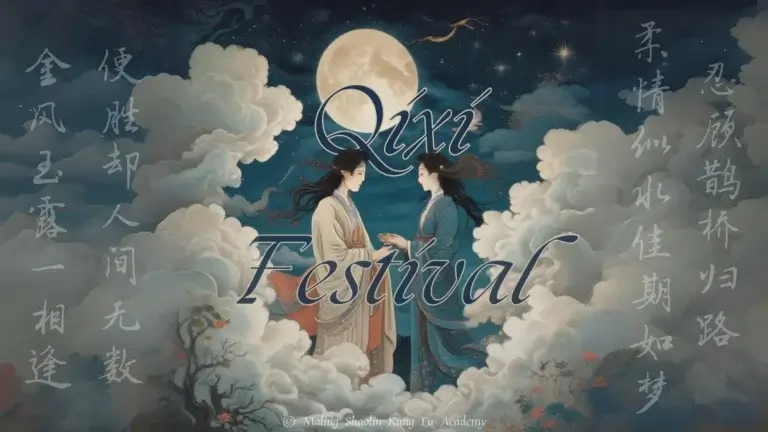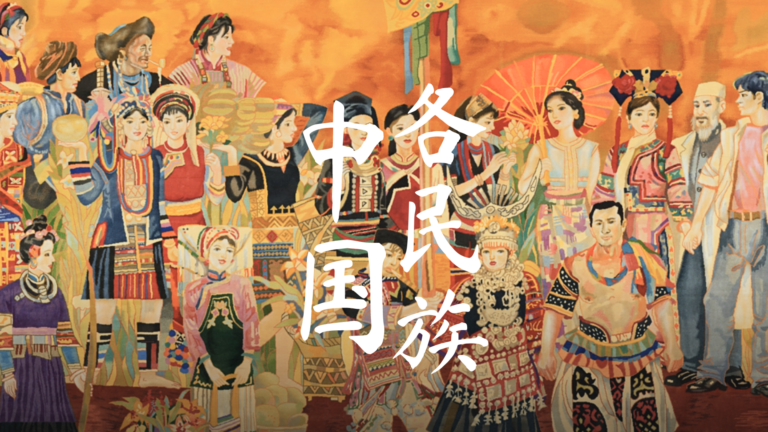The Hungry Ghost Festival: A Time to Honor Spirits in Chinese Culture

The Hungry Ghost Festival, also known as the Spirit Festival, is a traditional Chinese festival held on the 15th night of the seventh lunar month, this year falling on August 18th, 2024. This festival, deeply rooted in Chinese culture and religious beliefs, is dedicated to honoring and appeasing the spirits of deceased ancestors and wandering ghosts.











